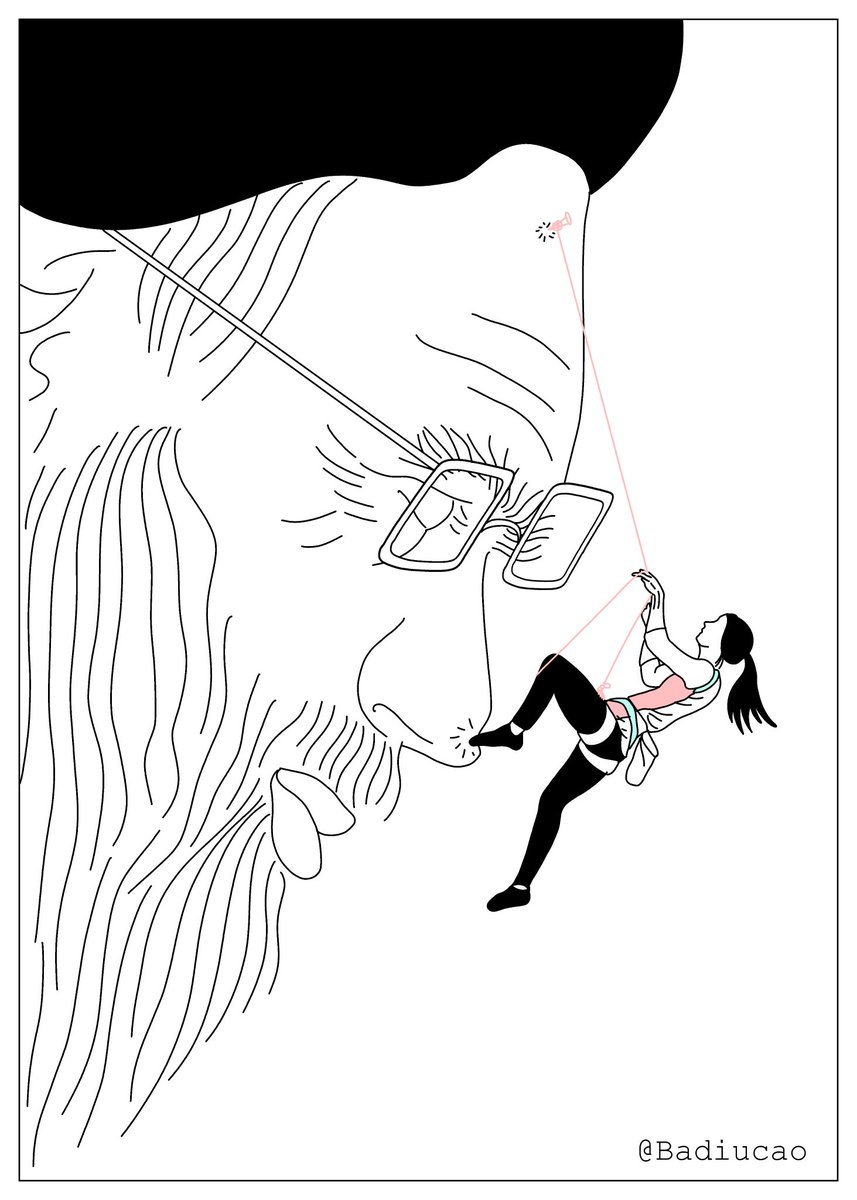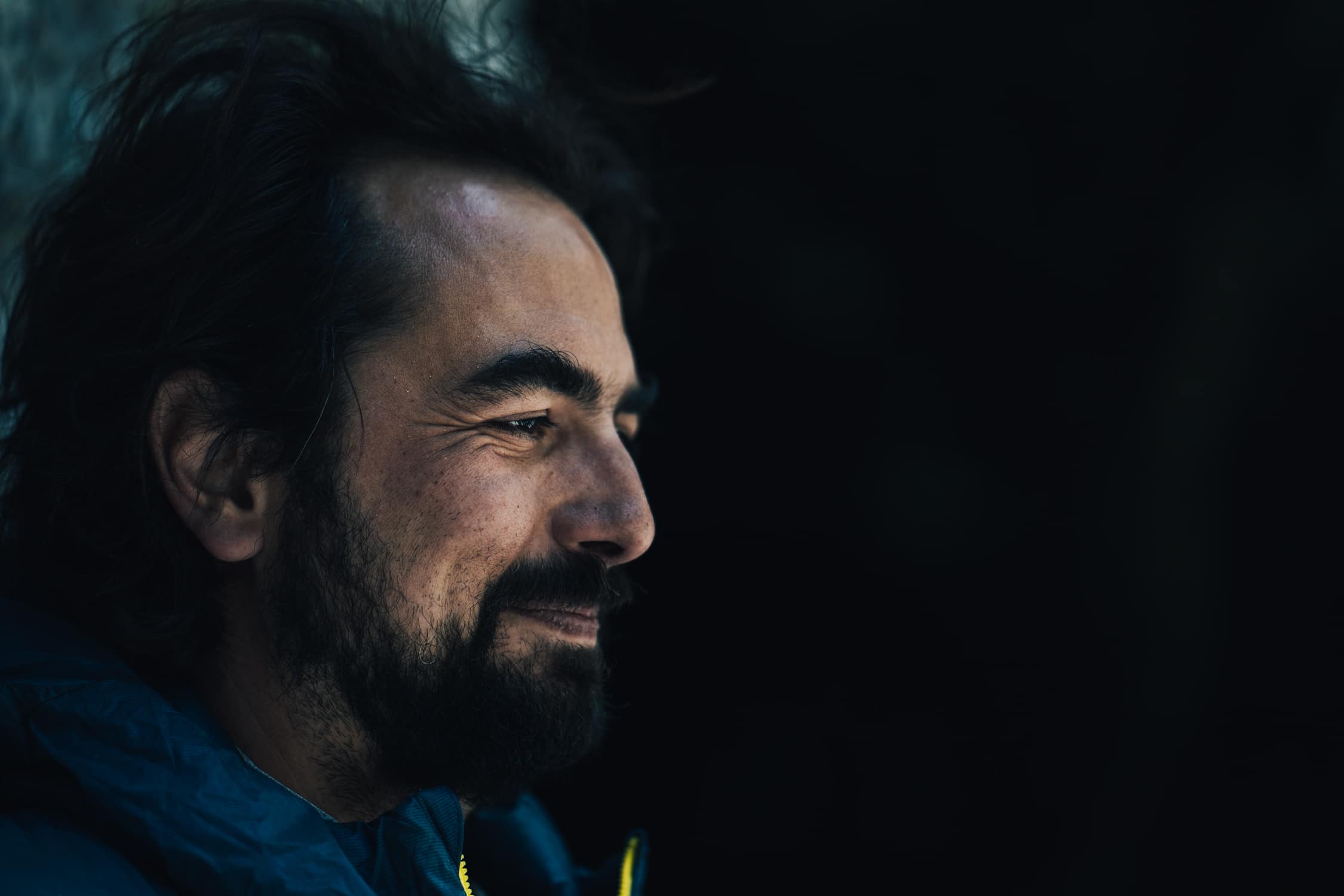I have been following the house arrest of Elnaz Rekabi and it made me re-consider another IFSC-related incident.
Earlier this year, the IFSC made the decision to suspend Russian athletes from all events in response to Russia’s invasion of Ukraine. At the time, at the height of our collective shock at witnessing such an aggressive offensive, I wrote a piece saying that I thought that the IFSC’s was probably the right decision on balance, even though I had deep concerns about the the fact that this was unduly punishing individual climbers—people who are a part of our climbing community and with whom we share a kind of deep connection that supersedes our nationalistic identities, or at least ought to. Some of those Russian athletes were, in fact, quite outspoken against their own country’s war. And as an American who has lived several of our own invasions of Middle Eastern countries, I could certainly feel sympathy toward those Russian climbers. They are no more responsible for Putin’s war than I felt I was for George Bush’s.
But at the time, the consensus was that Russia must be banned and punished for its crimes, and that this was one small but important way to do that, even though it sucks for these climbers. In my article, I suggested potential solutions such as giving the Russian athletes a chance to wear a neutral uniform instead of a Russian one.
Of course, I don’t really know what I’m talking about and I’m sure it’s way more complicated than that, but the point I was making was a moral one. Something about this decision didn’t feel right.
This article came back to me recently following another IFSC-adjacent scandal in which Elnaz Rekabi, a comp climber from Iran, competed in a recently World Cup in South Korea without her hijab—an obvious show of her support for the uprising that is currently taking place against the Islamic Republic in Iran. In case you missed it, the murder of a beautiful 22-year-young woman named Mahsa Amini by the state’s morality police, for not wearing hijab, sparked this uprising against this oppressive religious regime and women in Iran are removing this symbolic garment of patriarchal oppression in solidarity, which I think is amazing and brave and deserves all the world’s support.
After competing without her hijab, Elnaz Rekabi was whisked back to Iran and is now considered to be kept under house arrest. A forced apology, clearly written by someone else but presented as if it were her own words, was issued via her social media feed.
Since then the International Olympic Committee president Thomas Bach spoke directly with Elnaz Rekabi, and he apparently gave her some words of support, including to keep training and to get ready for the next round of Olympic qualifying competitions.
The way the community has rallied around Elnaz Rekabi and showed support for her courage has been amazing to see, and I’m fully supportive as well. But what made this display of solidarity so interesting to me is that is showed how these kinds of international competitions can be platforms for a specific kind of political message—and a very effective one at that. People have been tweeting about Elnaz Rekabi all over the world, who aren’t even climbers and who presumably didn’t even know Iranian women competed in climbing competitions. And to see Elnaz out on the world stage, without hijab, it’s so clear to everyone that, though she is wearing an Iranian uniform, she is not competing on behalf of Iran. And in fact, is showing her defiance of its brutality and oppression with incredible courage.
This made me look back, of course, to the decision to suspend Russian athletes and potentially deny them the same platform and opportunity to protest their own governments.
These aren’t exactly analogous situations, so I don’t mean to make too much of it. But it is curious to consider what is lost when think about people as generic faces in a uniform, rather than give them the opportunity to be brave individuals who could potentially make a real difference.




Interesting to contemplate the power of an individual voice.
Been thinking about this myself especially when there is something that as you mentioned “just doesn’t feel right”.